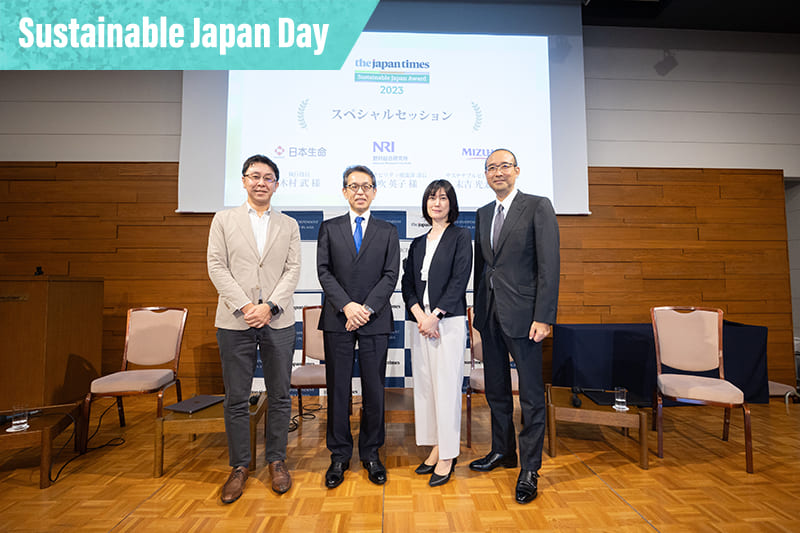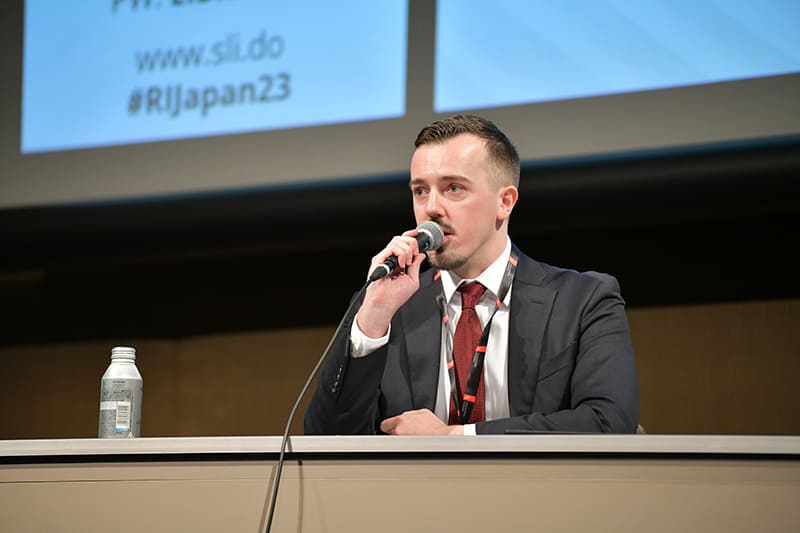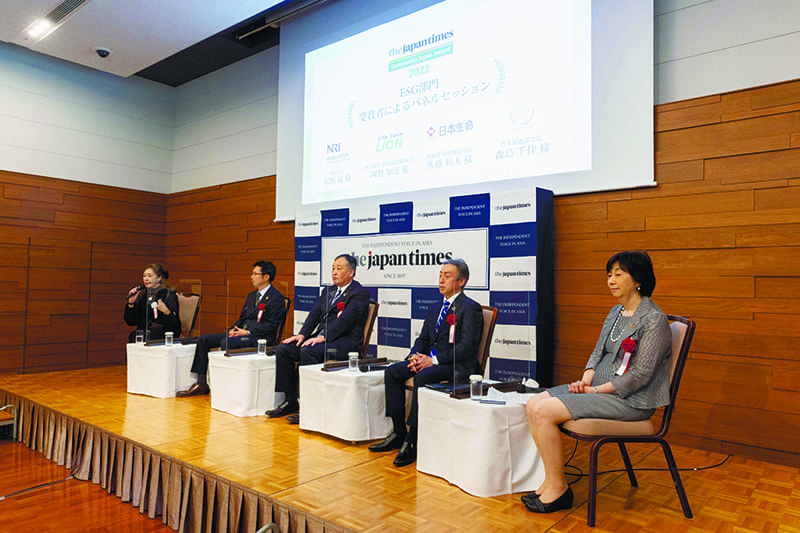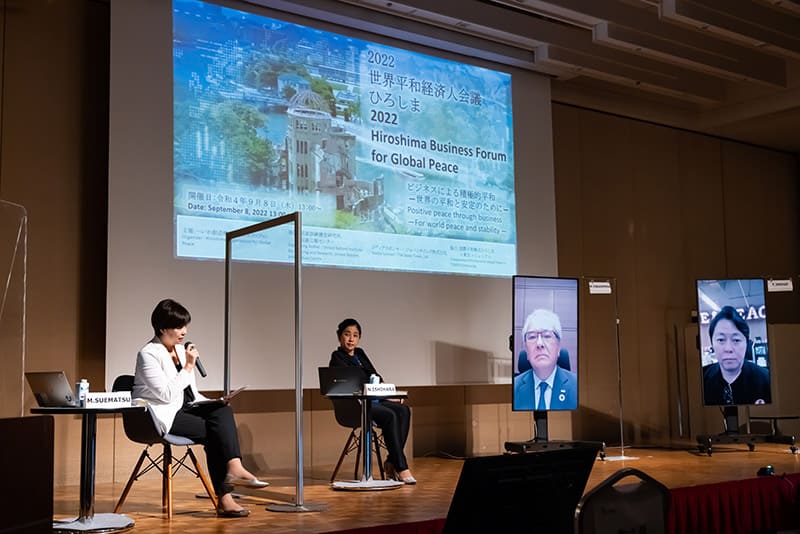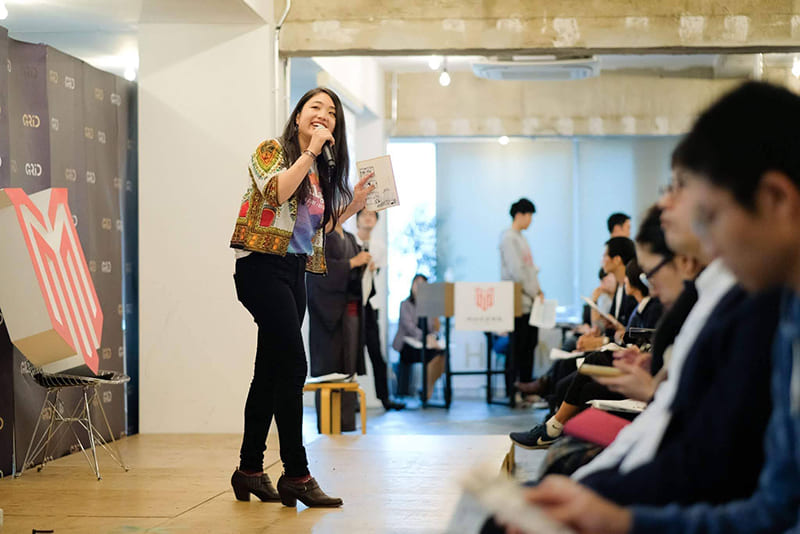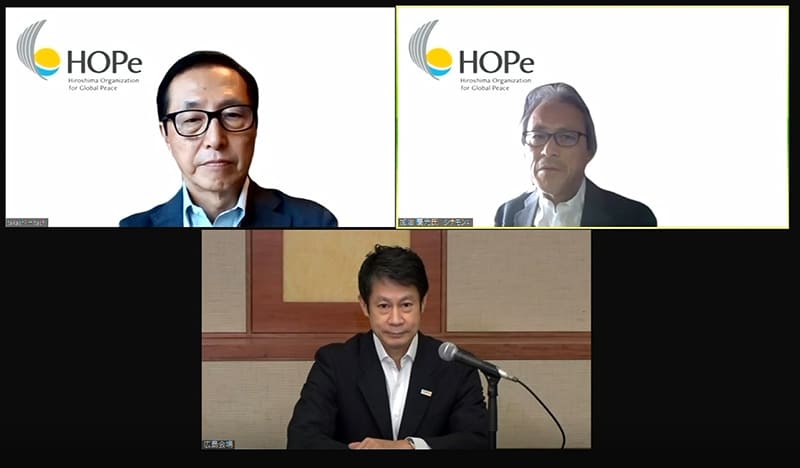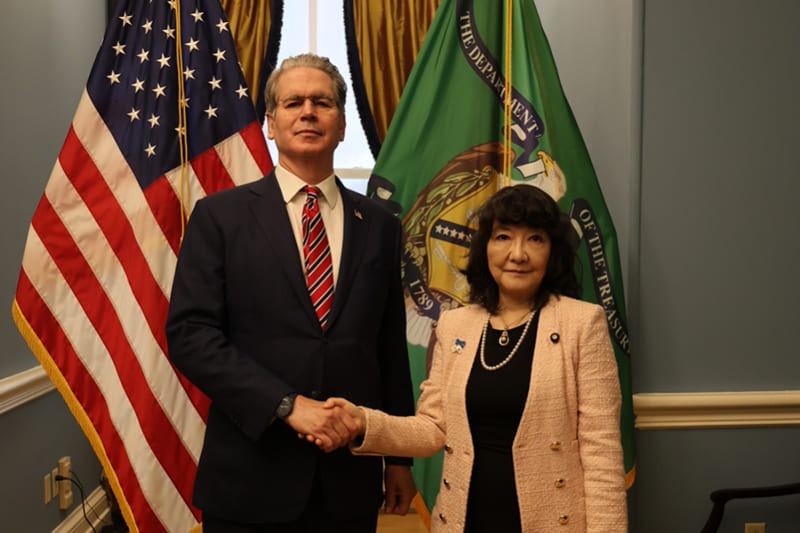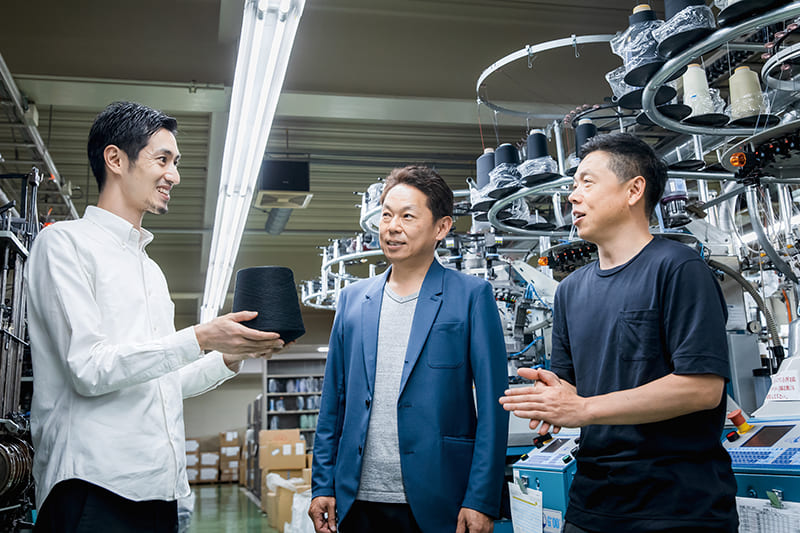July 19, 2024
WELgee event aims to bridge business and refugees
Contributing writer
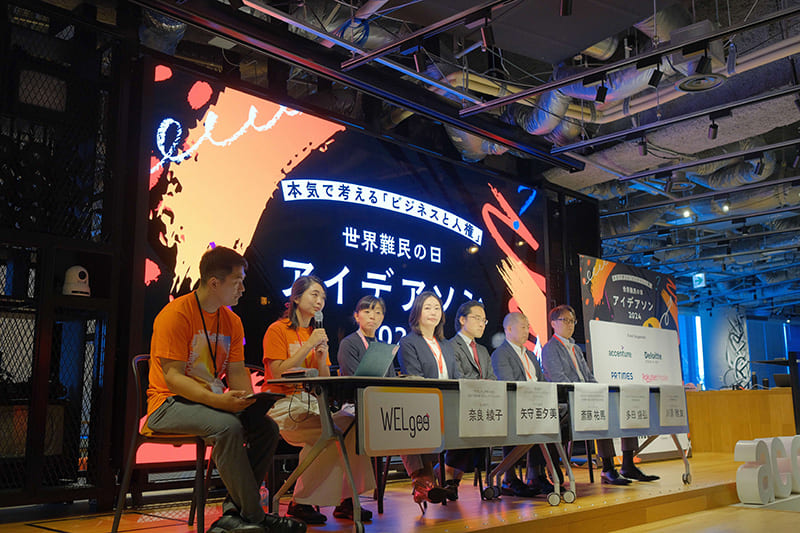
Japan is one of the wealthiest nations in the world, with an orderly and stable society, but its track record for accepting refugees remains dismal. A day before World Refugee Day this year, the nonprofit corporation WELgee held an event in Tokyo’s Mita area to advance change on this front.
The June 19 event by WELgee, which takes its name from “welcome” and “refugee,” aimed to bridge the gap between the business sector and refugee issues in Japan, explained spokesperson Fuyuka Kato. “Seeing the plight of refugees is to know that these people are both witnesses and victims of conflict, persecution, discrimination and more. By coming in contact with them we can become closer to the pressing concerns and problems surrounding human rights issues today.”
WELgee helps and supports refugees by providing opportunities for the betterment of their lives. To that end, the event hosted an “ideathon” with about 30 companies looking to link humanitarian aid with solid business projects. At the end of the event, one of the 11 refugees in attendance, referred to here as Mr. N, picked up the microphone to say, “We’ve been discussing how we can implement human rights ideas into the business sector and link that to the corporations’ desire to do something good for the world.” At WELgee, people like Mr. N, whose career has been supported by the group, are called “internationals” in order to add a new facet to understanding who these foreigners are.
At the event’s news conference, WELgee founder Sayaka Kankolongo Watanabe explained: “There are over 120 million refugees in the world today. That’s equivalent to the populace of Japan. Everyone assumes it’s hard to get refugee status here — and true, the window remains narrow. But at WELgee, we want to go beyond the problem of refugee status to designing a new life for ‘internationals’ in Japan.” She went on to emphasize a need for a new perspective. “How can we make sure refugees can not only survive here, but thrive as well? The answer lies in the business sector. We need to connect profit-making to human rights more.”
Ayako Nara, managing director at Accenture, is responsible for corporate citizenship, overseeing how employees interact with society and contribute to its betterment. Noting that the consulting company’s Japan branch has been collaborating with WELgee for seven years, she explained: “We at Accenture hold workshops with ‘internationals’ on an in-house basis to spread awareness and promote the need for human aid as a corporation, as one of the pressing concerns vis-a-vis the ‘internationals’ coming to Japan is the generally low level of awareness among Japanese nationals. First and foremost, we try to create opportunities to get to know the background and circumstances of the ‘internationals,’ and the issues they are surrounded with.”
OWLS Consulting Group Principal Ayumi Yamori said she has seen many Japanese corporations seriously grappling with human rights issues in recent years. “Right now, however, companies tend to keep to a passive stance. We need to shift the argument from ‘Let’s not invade a person’s human rights’ to ‘How can we make this person’s life better? Companies need to be more positive and proactive. Respecting human rights is a given, and we need to move further. Specifically, we need a social structure where refugees can gain employment as well as social support. In other words, we need corporations that will step up to hire them.”
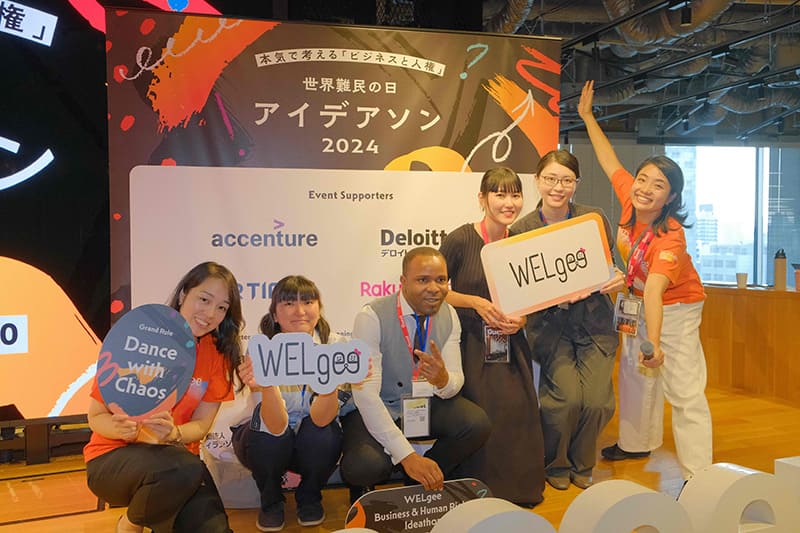
Yamori added that in Japan, discussions of diversity and human resources tend to focus on gender inequality. “But diversity is not just about gender. Issues like nationality, culture and familial background should enter the discussion. These are crucial topics when trying to create a more inclusive society.”
Also attending the event were heads of companies working closely with WELgee to support refugees: Deloitte Tohmatsu Venture Support President Yuma Saito, Persol Global Workforce CEO Morihiro Tada and City Computer President Masatomo Kawahara.
Noting that many refugees are skilled and highly educated, Saito said, “Matching their skill with the business sector’s needs is something we need to work further on.”
Tada stressed, “Work is at the core of anyone’s life,” but language, cultural differences and working conditions all become barriers for refugees to work in Japan, making company support and understanding essential.
Kawahara said, “I believe refugees can be regarded in the same way as other foreigners working in Japan. Regardless of corporate size, companies can employ foreigners and refugees in Japan.”
WELgee representative Watanabe summed up: “There are now over 3 million foreigners living and working in Japan. Though it’s only natural to see some amount of friction between the foreign community and the Japanese, we should also be searching for realistic ways to support these people. It’s up to our society as a whole to lay down some systemic rules and guidelines without relying completely on a single sector.”
Aiming to highlight issues related to a sustainable society, The Japan Times gave its support to this organization by becoming a media sponsor.

